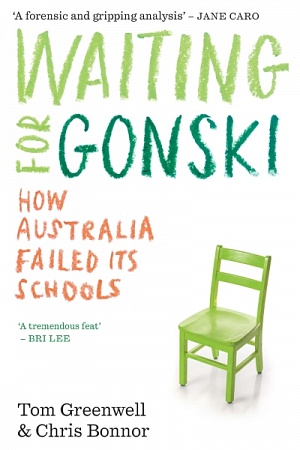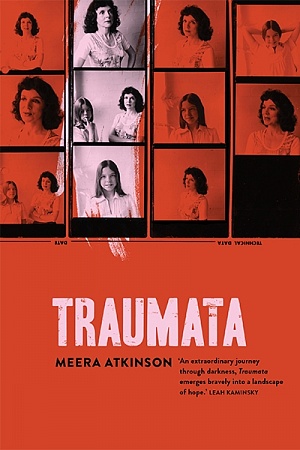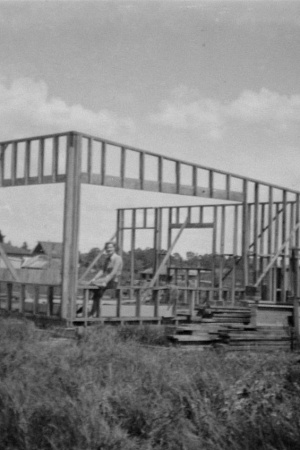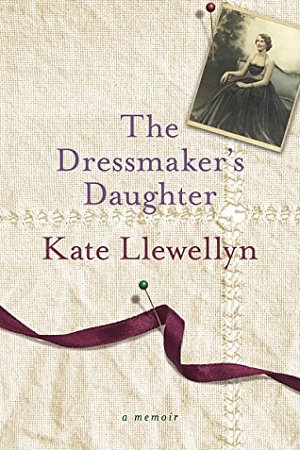Making And Breaking Australian Universities: Memoirs of an academic life in Australia and Britain 1936–2004
Macleay Press, $49.95 hb, 329 pp
Making And Breaking Australian Universities: Memoirs of an academic life in Australia and Britain 1936–2004 by Bruce Williams
I first met Sir Bruce Williams as a wise and wry voice in sceptical register at meetings of the Senate and its Finance Committee at the University of Sydney in the late 1990s. His service to these bodies followed a distinguished career as an academic, economist, university administrator and adviser to governments on policy formulation and implementation in higher education, science and technology. His is a public life that now extends over half a century and spans both Australia and the UK. The most prominent segment in Williams’s long and influential association with higher education in Australia is his time as vice-chancellor of the University of Sydney from 1967 to 1981, a period that he characterises as ‘discontent and disruption’: student and staff ‘revolt’, the protest movements against the Vietnam War and apartheid. It also saw the beginning to some modifications of the university’s hierarchical and gender structures.
In Making and Breaking Universities, Williams looks back on his life and times, charting, in a combination of auto-biography and memoir, observation and analysis, the major changes in higher education since World War II, changes which he notes appear to occur regularly at fifteen-year intervals. Sections are devoted to his experience of, and views on, the governance, organisation and finance of universities and to their relations with government. The last chapter asks the question of whether traditional universities, ‘autonomous spaces in which free inquiry and critical learning can flourish’, have a future in the time of globalisation and neo-liberal economies, of the commodification and commercialisation of higher education.
Continue reading for only $10 per month. Subscribe and gain full access to Australian Book Review. Already a subscriber? Sign in. If you need assistance, feel free to contact us.















Leave a comment
If you are an ABR subscriber, you will need to sign in to post a comment.
If you have forgotten your sign in details, or if you receive an error message when trying to submit your comment, please email your comment (and the name of the article to which it relates) to ABR Comments. We will review your comment and, subject to approval, we will post it under your name.
Please note that all comments must be approved by ABR and comply with our Terms & Conditions.